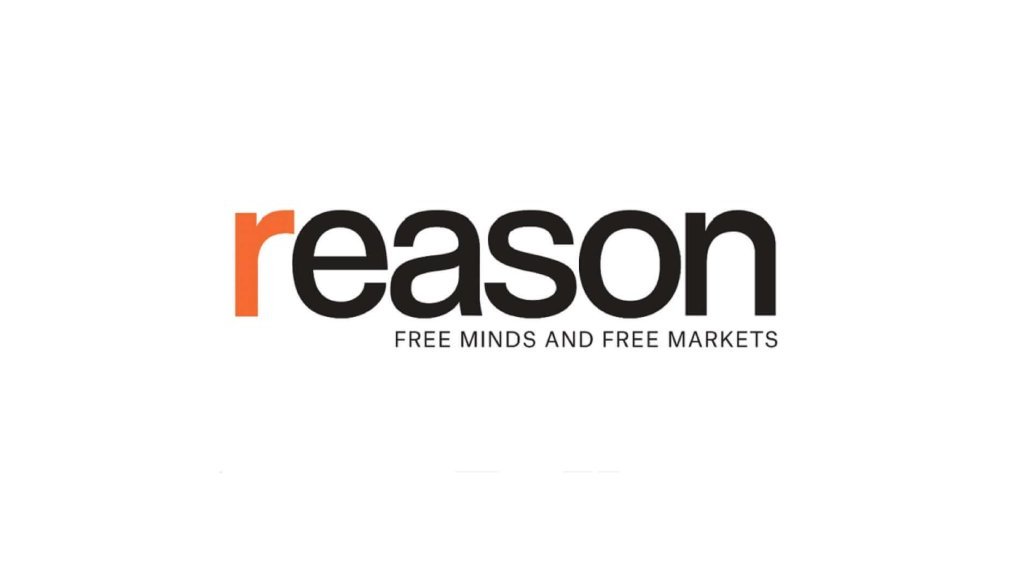The New York Times Says the Manhattan Mass Shooter Was ‘Committed,’ but That’s Not True
“Before Park Ave. Shooting,” says the headline over a New York Times story published this week, “Nevada Police Had Gunman Committed.” If so, that means Shane Devon Tamura, who killed four people before committing suicide at a Manhattan office building on July 28, was disqualified from possessing firearms under both federal and Nevada law. Yet last week, the Times reported that Tamura “obtained a firearm legally in his home state of Nevada even though he had a documented history of mental health problems.” The headline: “Gunman’s Mental Health History Did Not Prohibit Gun Purchase.”
What gives? In 2022 and again in 2024, Tamura was subject to a “mental health crisis hold,” which Nevada law authorizes when police, based on “personal observation,” have “probable cause to believe” that someone, “as a result of mental illness,” poses “a substantial likelihood of serious harm” to himself or others. That is not the same as being “committed” to a “mental health institution” under court order, which triggers the federal and state bans on gun possession.
That distinction is relevant to the gun control debate provoked by Tamura’s horrifying crime. New York Gov. Kathy Hochul blamed Nevada’s “weak gun laws” for the shooting. More specifically, the Times highlighted the fact that Tamura could have obtained the rifle he used in the attack “without additional background checks” because he “had a permit to carry a concealed weapon” issued by the Las Vegas Metropolitan Police Department in May 2022. But the Times acknowledged that Tamura had “no criminal history,” and now it seems clear that he did not have a disqualifying psychiatric record either, which means he would have passed a background check.
In other words, the background check issue is a red herring, which is usually true when politicians or journalists suggest that safeguard could have prevented a mass shooting. After the 2015 mass shooting that killed 14 people in San Bernardino, California, for example, President Barack Obama recommended “common-sense gun safety laws,” including “stronger background checks,” to prevent such crimes. But it turned out that the killers had obtained the rifles they used in that attack from a neighbor who bought them legally. Since the neighbor was allowed to buy guns, “stronger background checks” would not have made a difference.
After the 2022 mass shooting that killed 10 people in Buffalo, New York, the Biden administration “renewed its calls” to “expand national background checks,” the Times reported, “as it has done time and again after mass shootings.” Yet the Buffalo killer passed the background check that was conducted when he bought the rifle he used in the attack from a federally licensed dealer in Endicott, New York.
Those situations were not unusual. The vast majority of guns used in mass shootings are obtained legally, either by the killers the
Article from Reason.com

The Reason Magazine website is a go-to destination for libertarians seeking cogent analysis, investigative reporting, and thought-provoking commentary. Championing the principles of individual freedom, limited government, and free markets, the site offers a diverse range of articles, videos, and podcasts that challenge conventional wisdom and advocate for libertarian solutions. Whether you’re interested in politics, culture, or technology, Reason provides a unique lens that prioritizes liberty and rational discourse. It’s an essential resource for those who value critical thinking and nuanced debate in the pursuit of a freer society.




